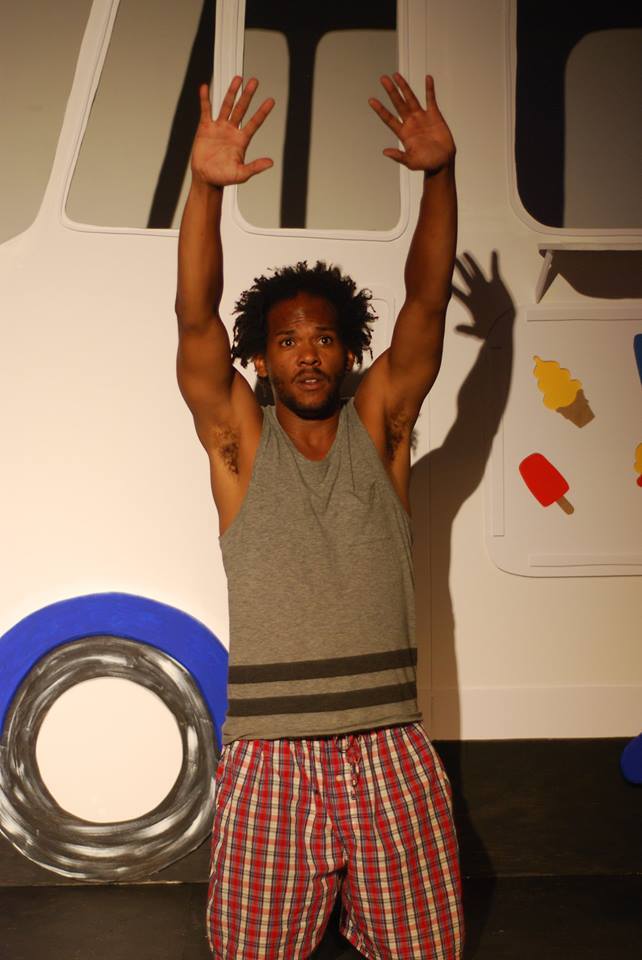I love Edwin Morgan’s poetry so much. My tenth grade English teacher introduced me to his work and I’ve been hunting it down where I could find it ever since. “The Second Life” is a beautiful meditation on aging and more generally the passage of time, and since I turn 40 tomorrow, this seems an appropriate time to share it.
I was 16 or 17 when I first tracked this one down and though I was far from 40 and had no idea how being this much older would feel, I sensed there was something profound and wonderful and transgressive in Morgan’s approach to aging. You can see for yourself below, and you can find this and many more of Morgan’s poems in his Collected Works, which I can’t recommend enough. (And I realize this is a longer poem, but stick with it til the end– it’s gorgeous.)
THE SECOND LIFE
But does every man feel like this at forty —
I mean it’s like Thomas Wolfe’s New York, his
heady light, the stunning plunging canyons, beauty —
pale stars winking hazy downtown quitting-time,
and the winter moon flooding the skyscrapers, northern —
an aspiring place, glory of the bridges, foghorns
are enormous messages, a looming mastery
that lays its hand on the young man’s bowels
until he feels in that air, that rising spirit
all things are possible, he rises with it
until he feels that he can never die —
Can it be like this, and is this what it means
in Glasgow now, writing as the aircraft roar
over building sites, in this warm west light
by the daffodil banks that were never so crowded and lavish —
green May, and the slow great blocks rising
under yellow tower cranes, concrete and glass and steel
out of a dour rubble it was and barefoot children gone —
Is it only the slow stirring, a city’s renewed life
that stirs me, could it stir me so deeply
as May, but could May have stirred
what I feel of desire and strength
like an arm saluting a sun?
All January, all February the skaters
enjoyed Bingham’s pond, the crisp cold evenings,
they swung and flashed among car headlights,
the drivers parked round the unlit pond
to watch them, and give them light, what laughter
and pleasure rose in the rare lulls
of the yards-away stream of wheels along Great Western Road!
The ice broke up, but the boats came out.
The painted boats are ready for pleasure.
The long light needs no headlamps.
Black oar cuts a glitter: it is heaven on earth.
Is it true that we come alive
not once, but many times?
We are drawn back to the image
of the seed in darkness, or the greying skin
of the snake that hides a shining one —
it will push that used-up matter off
and even the film of the eye is sloughed —
That the world may be the same and we are not
and so the world is not the same,
the second eye is making again
this place, these waters and these towers
they are rising again
as the eye stands up to the sun,
as the eye salutes the sun.
Many things are unspoken
in the life of a man, and with a place
there is an unspoken love also
in undercurrents, drifting, waiting its time.
A great place and its people are not renewed lightly.
The caked layers of grime
grow warm, like homely coats.
But yet they will be dislodged
and men will still be warm.
The old coats are discarded.
The old ice is loosed.
The old seeds are awake.
Slip out of darkness, it is time.
